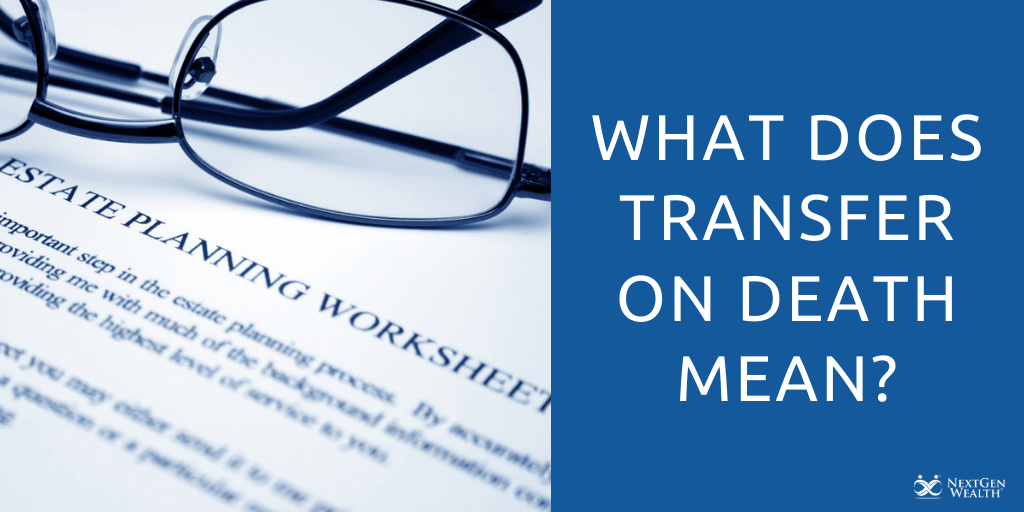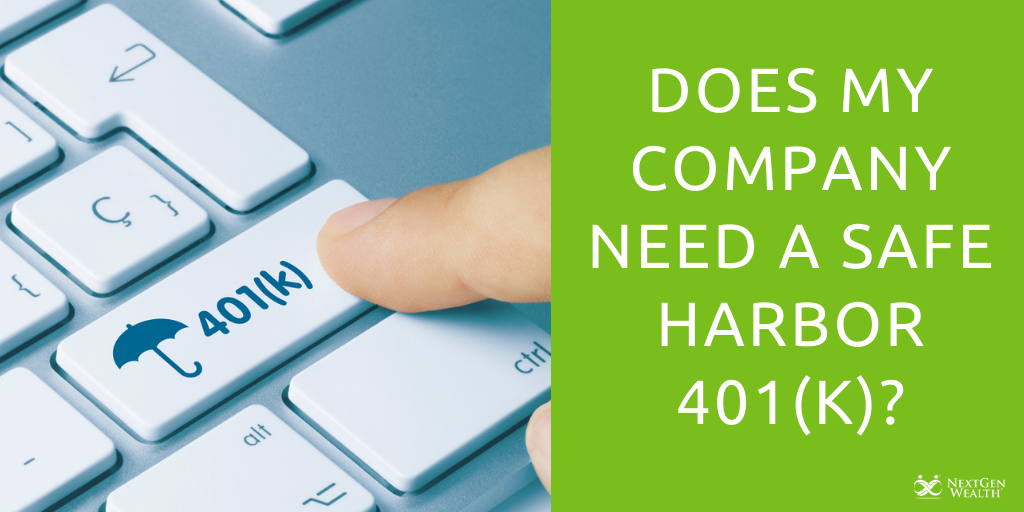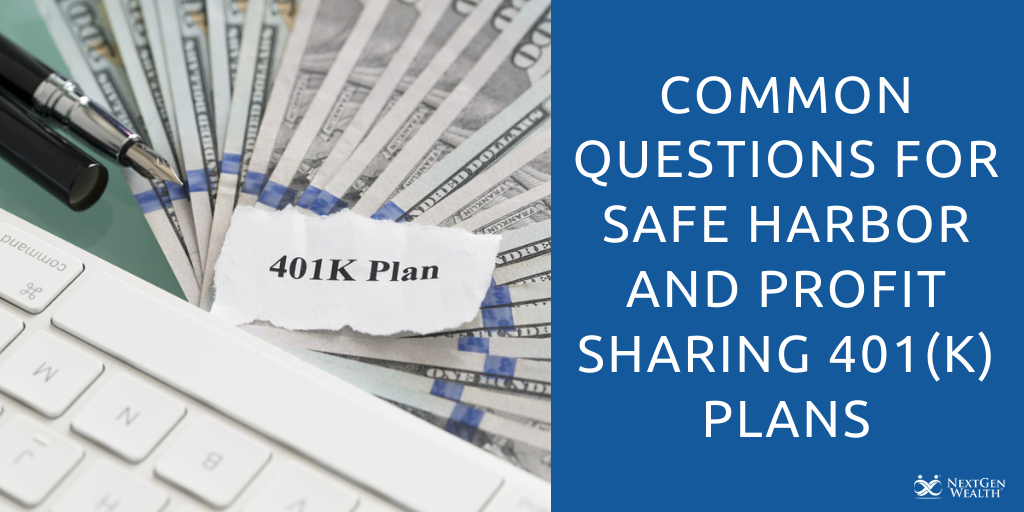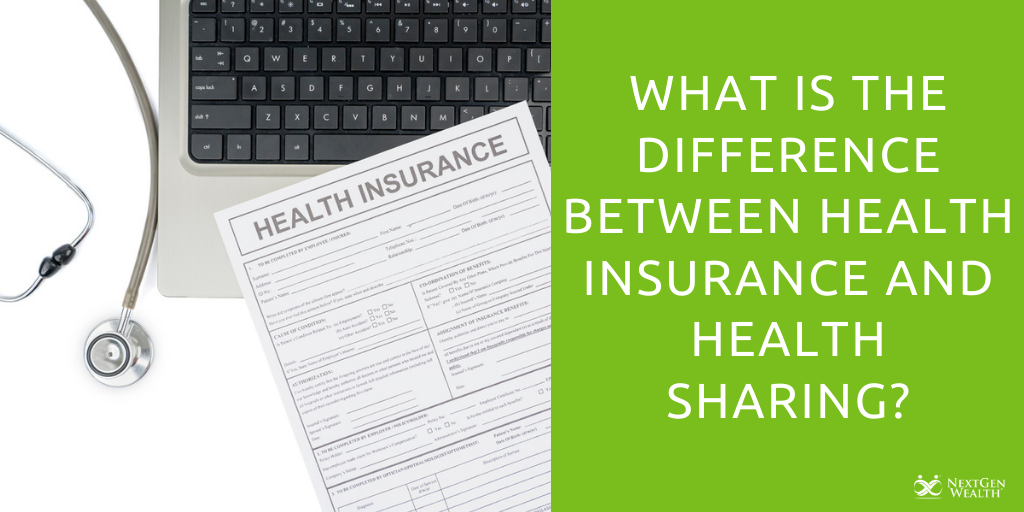Let’s just get right to the point; joint tenancy is a legal arrangement involving two or more individuals co-owning property. All parties share equal rights, title, and obligations. “Property” can include bank accounts, businesses, or personal items but joint tenancy most often pertains to real estate.
These ownership arrangements can be made between business partners, married or unmarried couples, friends, or family members. Joint tenancy also includes right of survivorship. This means that if one owner passes away, the surviving owner(s) can immediately take ownership without going to probate court.









